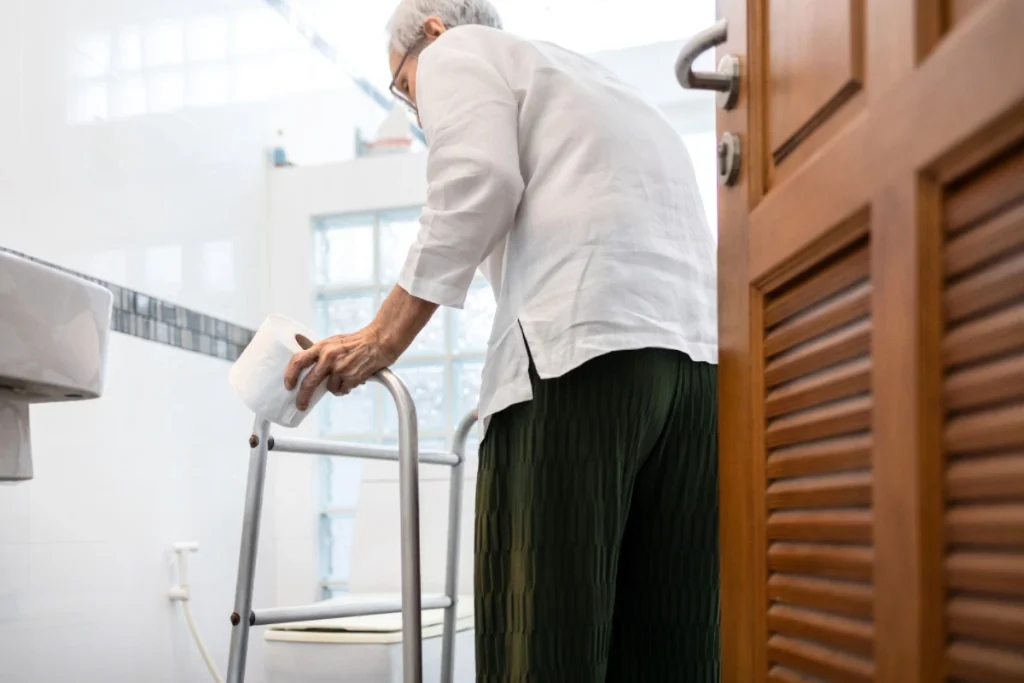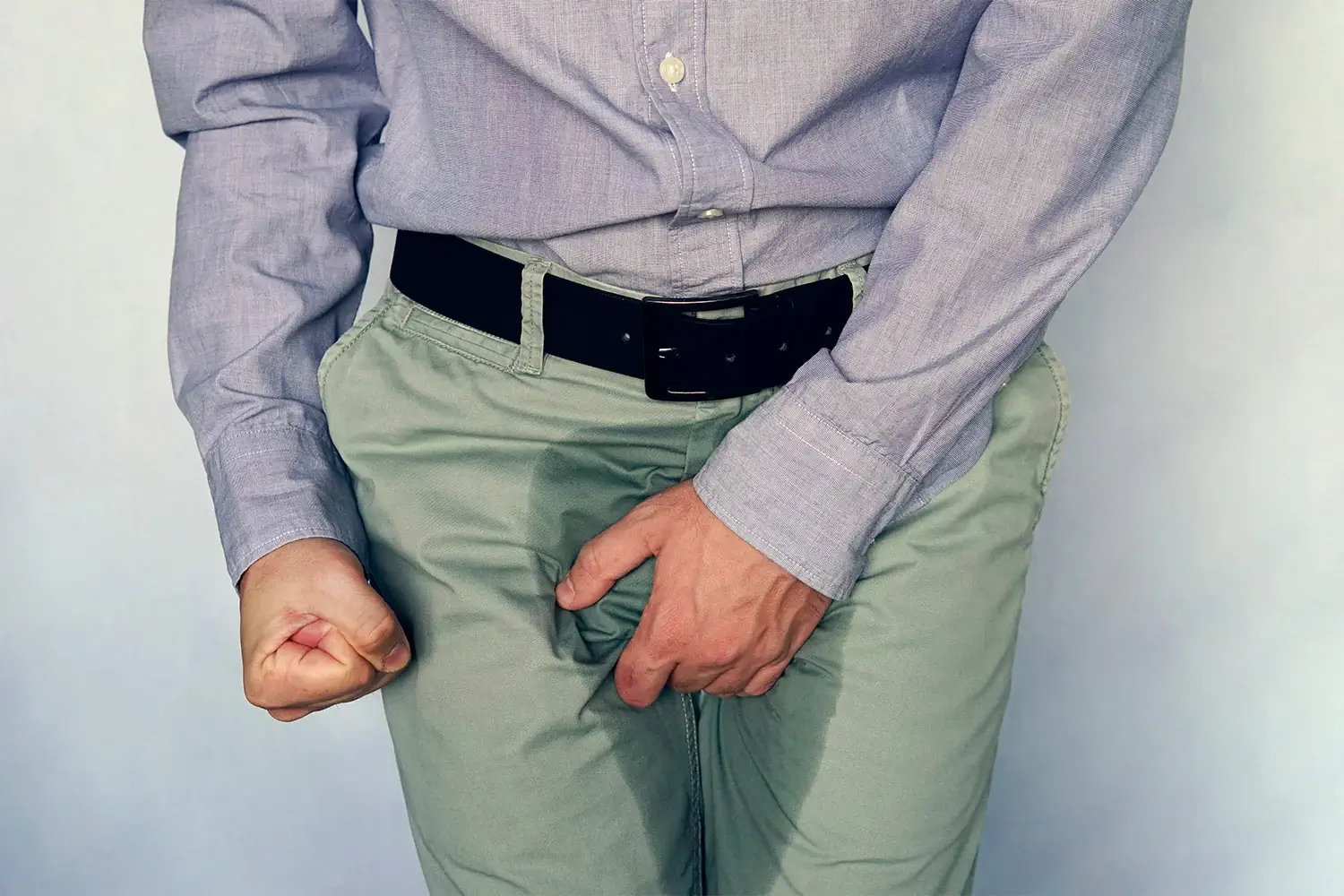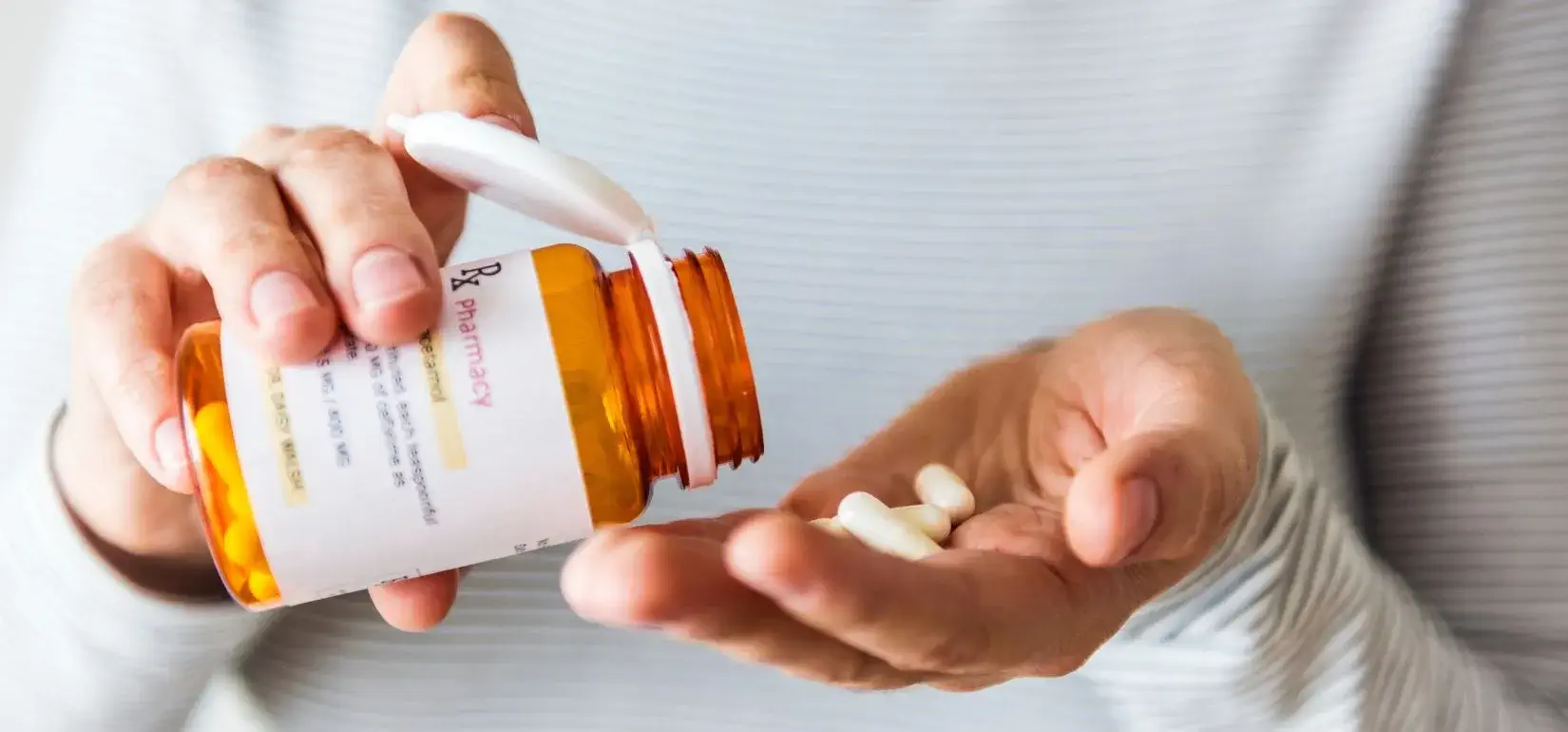
How To Manage Incontinence In the Elderly + Important Points
Maybe this question will arise for you that how to manage incontinence in the elderly? We have dedicated this article from humanhealthmag to answer this question. In general, urinary incontinence means that a person passes urine randomly and involuntarily. While this problem can happen to anyone, urinary incontinence is more common in the elderly, especially women. Considering that the elderly constitute a high percentage of the population of our country and their population will increase in the coming years, it is important to be aware of common problems in the elderly and pay attention to them, especially in cases that affect their quality of life.
The cause of urinary and fecal incontinence in the elderly is questionable for many. Bladder control issues can be embarrassing for the elderly and cause them to avoid their normal activities. But we must know that incontinence can often be stopped or controlled. To know more about the treatment of urinary incontinence in old age, read this article.
What Is the Cause Of Urinary Incontinence In the Elderly?
Before answering the question of how to manage incontinence in the elderly, it is better to get to know the causes of this disorder first. As we said in the article Surgery for incontinence in the elderly male, urinary incontinence can occur for many reasons. Among its causes are urinary infection, inflammation, vaginal infection or irritation, or constipation. Some medications can cause problems with bladder control, which are often transient and last a short time. If incontinence becomes chronic, the following reasons may be involved:
- Weak bladder or pelvic floor muscles
- Excessive contraction of the bladder muscles (overactive bladder)
- Damage to the nerves that control the bladder from diseases such as MS, diabetes, or Parkinson’s disease
- Diseases such as arthritis that may make it difficult to reach the toilet on time
- Pelvic organ prolapse

Pelvic organ prolapse is a condition in which the pelvic organs (such as the bladder, colon, or uterus) move from their natural location into the vagina, testicles, or anus. When the pelvic organs are out of place, the bladder and urethra cannot function normally. This may cause leakage of urine.
How To Manage Incontinence In the Elderly: Types Of Incontinence
To find the answer to the question of how to manage incontinence in the elderly, we must first know the types of urinary incontinence. There are different types of urinary incontinence in the elderly and include the following:
- Stress incontinence: Occurs when pressure is placed on the bladder and urine leaks, such as when exercising, coughing, sneezing, laughing, or lifting heavy objects. Stress incontinence is the most common type of bladder control disorder in young and middle-aged women. Also, this disorder may start later and around the time of menopause.
- Urge incontinence: Occurs when people have a sudden need to urinate and cannot hold their urine long enough to reach the toilet. This condition may happen to people with diabetes, Alzheimer’s disease, Parkinson’s disease, MS or people who have had a stroke.
- Overflow incontinence: Occurs when a small amount of urine leaks from a full bladder. If an enlarged prostate has blocked the urethra, a person may have difficulty emptying the bladder and urine may accumulate in the bladder and overflow. Diabetes and spinal injuries can also cause this type of urinary incontinence in the elderly.
- Functional incontinence: This condition occurs in many older people who have normal bladder control. These people only have trouble going to the toilet because of arthritis or other disorders that make it difficult to move quickly.
Treatment And Management Of Urinary Incontinence
In your opinion, how to manage incontinence in the elderly? Today, there are many treatments and methods for managing urinary incontinence in the elderly. The choice of treatment depends on the type of bladder control disorder, the impact of the disorder on the quality of life, and the capacity of the elderly person to accept the treatment. As a general rule, the simplest and safest treatments should be tried first.
Also, a combination of several different treatments may help the elderly in better bladder control. You may go to the doctor and he will prescribe a urine control pill in the elderly or a urinary incontinence pill. Other methods of treating this problem are as follows:

- Bladder control training: Pelvic floor strengthening exercises (also known as Kegel exercises) strengthen the muscles that support the bladder. This can help an elderly person to keep urine in the bladder and prevent it from leaking.
- Drug treatments: There are drugs that come in pill, liquid, or patch form that may be prescribed to help with bladder control problems. However, some medications prescribed for overactive bladder are associated with an increased risk of cognitive decline in people over age 65.
- Estrogen cream: Vaginal estrogen cream may help relieve stress and urge incontinence. In this treatment, according to the doctor’s order, a small dose of estrogen cream is applied directly to the vaginal walls and urethral tissue.
- Devices such as urinary catheters: Medical devices may be used to manage urinary incontinence. For example, a urinary tube or catheter that drains urine from the bladder may be used.
- Nerve stimulation of the bladder: In the method of electrical nerve stimulation, mild electric currents are sent to the nerves around the bladder. These stimulations help control urination and bladder reflexes.
- Surgery in cases of urinary outflow obstruction: If there is an obstruction due to a change in the position of the bladder or an enlarged prostate, sometimes surgery can improve urinary incontinence in the elderly.
- Behavior changes and lifestyle modifications: Lifestyle changes may help with bladder control problems. Losing weight, quitting smoking and alcohol, choosing water instead of other drinks, and limiting fluid intake before bed are some of the home remedies for urinary incontinence in the elderly. Preventing constipation and avoiding lifting heavy objects may also help in urinary incontinence in the elderly.
Points About Urinary Incontinence In People With Alzheimer’s
After answering this question, how to manage incontinence in the elderly, in this section, we want to tell you the methods of urine control in people with Alzheimer’s disease. People who are in the advanced stages of Alzheimer’s disease often experience problems related to urinary incontinence. This can be the result of them not knowing how to go to the bathroom or not finding a toilet. The following are recommended for these patients:
- Avoiding drinks such as coffee, tea and caffeinated drinks (but limiting water consumption is not recommended)
- The path to the toilet should be easy and accessible for this patient
- The place of the toilet in the house of these people should be clear
- Wearing underwear that is easy to put on and take off
- Use shorts or underwear with high absorbency for trips away from home
Concluding About How To Manage Incontinence In the Elderly
In this article, we answered the question that how to manage incontinence in the elderly? We also explained the cause of urinary incontinence in the elderly, its types and the solutions to treat this disorder. In fact, urinary incontinence is a problem that does not know age and many of us may have experienced each of its types in different periods of our lives. However, aging naturally reduces the strength of the bladder muscles and its capacity, increases its unconscious contractions, and makes the elderly prone to suffer from this condition.
In addition, there are some factors that increase the probability of urinary incontinence, and their effect is more evident in old age. So, if you have urinary incontinence or if you have an elderly person at home who suffers from this disorder And to find the answer how to manage incontinence in the elderly، you can consult a urologist.

FAQs
What Is the Cause Of Urinary Incontinence In the Elderly?
The bladder, which is located in the lower part of the abdomen, is a hollow organ and is part of the urinary system. The urinary system also consists of the kidneys, ureters, and urethra. To urinate, the bladder muscles contract to move urine into the tubular urethra. At the same time, the muscles around the urethra relax and allow urine to leave the body. When the muscles in and around the bladder do not work as they should, urine may leak and urinary incontinence may occur.
When Should An Elderly See A Doctor?
- Sudden and intense need to urinate
- cloudy urine
- Blood in the urine
- Pain when urinating
- The frequency of urination is 8 or more times a day
- Passing a small amount of urine after feeling a strong need to urinate
- Difficulty starting to urinate or weak urine flow
